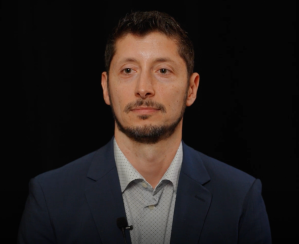A slow prognosis
So as more hospital systems and health care providers add EHRs, what can be done to solve interoperability issues?
AHRQ tasked an independent group of scientists known as JASON to come up with a number of recommendations, which they put forth in a 65-page report in April. One of the key takeaways was a call to implement a set of open standards and APIs for EHR vendors to follow by 2017, when the final stage of HHS’ meaningful use standards kick in.
“To achieve interoperability for EHRs and to open the entrepreneurial space for software development, all of these elements must be made public,” the JASON report states. “People frequently encounter standards in their daily lives. For example, an E26 light bulb has a standard base diameter and conductor position to allow mating with a compatible socket, which also has standard properties. One uses different names for this same basic concept at different levels.”
Schierer has other ideas, including a health ID number that would act as an identifier in order to differentiate people as they move through different EHR systems. This number would differ from a social security number in that it wouldn’t be re-assigned to someone new once a person dies.
“You can’t take a chance by using an identifier that is used for a patient, and then it’s re-used, and then you get some dead person’s health information,” he said. “What we really need is a national health identifier number, so that your number would have 12-15 digits in it, that was unique to you forever.”
Currently, if patients move from one system to another, a complex algorithm can identify a patient, but it relies on systems being interoperable.
According to White, even as problems continue, the process of improvement will continue to be incremental.
“This is a really complex health system and there’s a lot of different needs,” White said. “I feel some of those needs are being met. I think a lot of those needs are not being met and I think they need to be worked on.”
Schierer said while doctors and health care providers are frustrated, EHRs have given doctors access to more information than they ever previously had.
“Our memory is very, very short,” he said. “We have all forgotten those experiences of having to take care of patients without this information and having to call people on the phone and wait for stuff to come to you, now it’s all there in front of us. It’s very very powerful.”
Whatever the answer, Byrnes knows she will have to comply if she wants to stay in business.
“There’s no turning back from this,” she said. “The direction that we are trying to move in is going to take a lot of development. I don’t think the exchange of information is going to get us there.”





